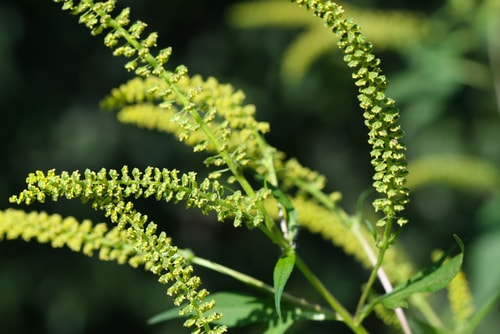Reports from Syngenta say the herbicide can control more than 70 broadleaf weeds including kochia, morningglory and marestail.
Syngenta research also shows glyphosate weed resistance and broadleaf weed infestations in corn have grown as much as 50% in the last four years.
“Current herbicides are losing effectiveness, and it’s not unusual for us to see growers spending as much as $60 per acre or more on herbicides for corn,” says Gordon Vail, Ph.D., technical product lead for Syngenta. “The best strategy in this scenario is to use a high-performing pre-emerge herbicide like Acuron that will stop weeds before they start, and we’re excited we can now offer it to growers.”
Palmer amaranth continues to be a problem for corn growers.
According to Purdue Extension research from 2013, Palmer amaranth can produce up to 100,000 seeds per plant can cause the crop to lose 90% of its yield.
What makes Aucron able to combat so many weeds is the novel chemistry bicyclopyrone, which works with the other three active ingredients in the premix.
“Early-season weed management is a critical component in helping growers stay ahead of weeds,” says John Foresman, product lead for Syngenta. “Today’s growers are seeking herbicides with multiple modes of action and active ingredients to control the most yield-threatening culprits. At the same time, they’re also looking for residual weed control that will be effective over the length of the season. Acuron brings a new level of control to the mix, and it’s that combination of power, dependability and flexibility that sets Acuron apart.”
Some state registrations for Acuron are still pending and therefore supplies could be limited.
Join the conversation and tell us if Acuron is something you’ll consider using on your corn crops.

Giant ragweed